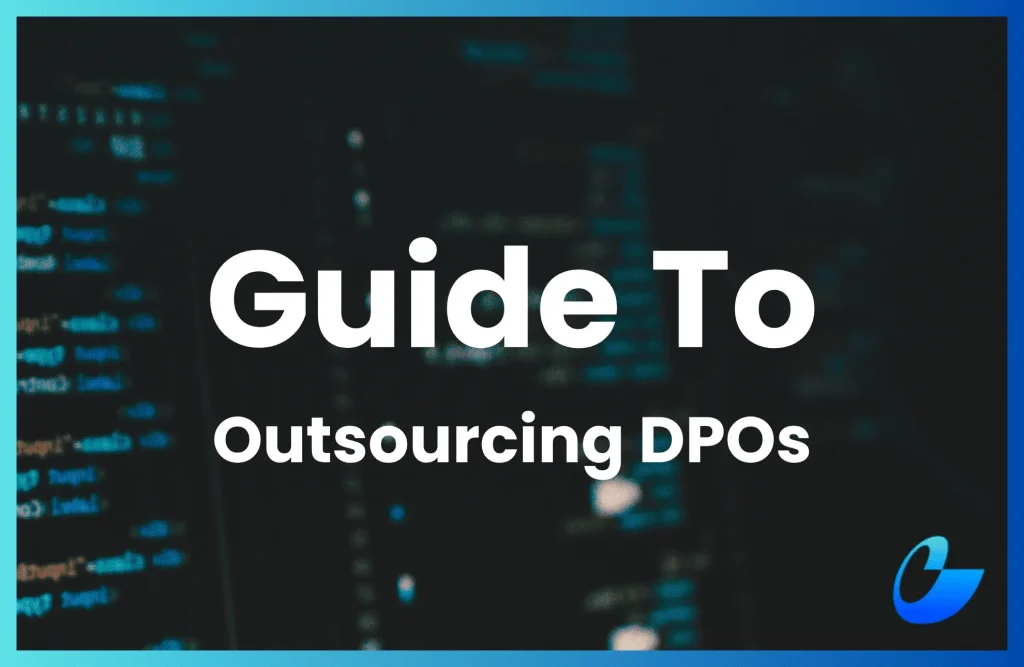Important note for businesses in Malaysia:
Outsourcing the DPO role does not transfer legal responsibility. While tasks may be delegated to an external service provider, the organisation remains fully accountable for ensuring compliance with the PDPA.
Starting 1 June 2025, Malaysian businesses that fall under the new Personal Data Protection Act 2025 thresholds must appoint a Data Protection Officer (DPO).
While the most established of organisations may prefer appointing an in‑house DPO, most businesses will find outsourcing this role to seasoned professionals as the more cost‑effective and strategic approach.
As a provider of outsourced DPO services ourselves, we have written this guide to help business decision makers:
- determine if an outsourced DPO is the better option, and if yes,
- key considerations and best practices to implement the role
Let’s begin.
Ready to appoint a DPO in Malaysia?
See our step-by-step DPO-as-a-Service process on dpomalaysia.my!
Clarifying the role of a DPO
To paraphrase guidelines by the Malaysian Department of Personal Data Protection (PDP), a Data Protections Officer is responsible for ensuring the organisation’s total compliance with the PDPA, which means, among other duties:
- implementing organisation-wide data protection policies
- supporting Data Protection Impact Assessments (DPIAs)
- serving as primary liaison with the Commissioner and data subjects, and
- ensuring any data breaches or security incidents are promptly reported
By law, a DPO must:
- be a Malaysian resident for at least 180 days per year
- be fluent in both Bahasa Malaysia and English, and
- possess expertise in Malaysian data protection laws and practices
In addition, PDPD strongly recommends that a DPO should:
- possess knowledge of the PDPA and relevant data protection laws
- understand your business operations and personal data processing activities
- understand information technology and data security
- demonstrate professional integrity, and
- have the ability to promote a culture of data protection within the organisation
It is a specialised role that demands technical expertise and ethical conduct, and with enforcement starting 1 June 2025, a critical hire for businesses.
Signs you need an outsourced DPO
The first step is to assess if the team has the capacity to meet the PDPA’s requirements without outside help, and here are five key indicators it likely does not:
- No one in the organisation has the requisite data privacy knowledge
- No internal staff member meets the PDPA’s DPO qualification criteria
- The organisation doesn’t have the capacity to train an internal candidate or evaluate a new hire
- Qualified team members are engaged in roles that use personal data for commercial gain, leading to a potential conflict of interest
- There is a company-wide lack of understanding about the PDPA and data protection.
If any of these applies to your organisation, there is a strong argument to outsource your DPO role.
Even if you intend to build in-house DPO capacity in the future, an outsourced DPO can ensure immediate compliance with the June 2025 deadline.
How to properly outsource your DPO role
PDP recommends a minimum DPO appointment term of two years to promote stability, and to effectively outsource this role, your organisation should:
- Formalise the appointment of DPO through a written service contract
- Register the appointed DPO within 21 days from the date of appointment using the SPDP system
- Set up an official business email for the DPO (e.g., [email protected]) to serve as the main channel for all data protection-related communications
- Maintain clear documentation of all communications, compliance reports, breach logs, and audit records prepared or reviewed by the outsourced DPO
The service contract should clearly define the DPO’s scope of work, service terms, responsibilities, and access to data.
Best practices when outsourcing
To make the most of your outsourced DPO, you can consider these operational best practices:
| Best Practice | Explanation |
| Ensure access to key documents and systems | Provide the DPO with secure but full access to relevant policies, personal data flows, contracts, and the data register so they can perform their role effectively. |
| Establish clear escalation protocols | Define how and when the DPO will be alerted in the event of a personal data breach or incident. |
| Schedule regular executive‑level engagement | Hold regular briefings between the DPO and top management to review risk exposure, compliance gaps, and training needs. |
| Designate internal liaisons | Assign persons from legal, IT, HR, and security departments to coordinate with the DPO, ensuring smooth collaboration and issue resolution. |
Conclusion
If your organisation lacks the people, structure, or independence needed to manage a compliant data protection programme internally, outsourcing your DPO is a strategic, risk-managed solution aligned with regulatory expectations.
We can help you draft compliant service agreements and ensure your appointment meets PDPA expectations. Reach out to get started.













1 thought on “The Business Guide To DPO Outsourcing In Malaysia”
Kindly contact us regarding outsourcing of DPO.
Thank you.
Sharon Kaur
010-900 5782